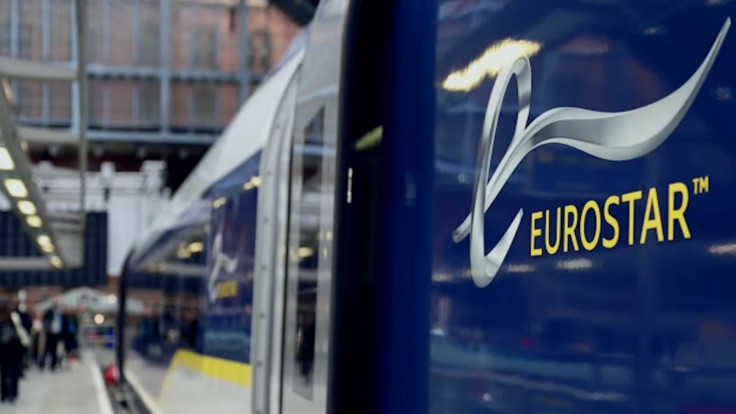Eurostar posts £25m loss as terror attacks dent demand
Rail operator remains upbeat over 2017, as sales are 12% higher year-on-year so far in 2017.

Eurostar slumped to an annual loss, on the back of terrorist attacks and "challenging" trading conditions, but remained upbeat over its prospects for 2017.
In the latest financial year, the cross-Channel rail operator swung to a £25m loss, compared with a £34m profit in the year before, as sales on a constant currency basis declined 8% year-on-year to £794m.
Terrorist attacks in Europe and strikes dampened demand for tickets, which translated in passenger numbers declining 4% to 10 million, despite the company recording its strongest every December as customers took advantage of the weak pound.
However, Eurostar was more upbeat over its outlook for the current financial year, highlighting the number of US travellers has grown 17% year-on-year so far in 2017.
While the company did not specifically mention it, analysts have suggested the increased demand in the US is linked with the declining pound. Sterling has fallen 18% since last June's Brexit referendum, making purchases from dollar-linked accounts much cheaper than a year ago.
Meanwhile, sales in the year-to-date are 12% higher than in the corresponding period 12 months ago, boosted by a 4% increase in business travel.
"Despite the difficult trading environment last year, we continued to make major investments in new trains, our stations and our overall service," said group chief executive Nicolas Petrovic.
"With the return of travellers from the US and business travel on the increase, the market is now rebounding strongly and we are optimistic about the growth prospects for the year."
© Copyright IBTimes 2025. All rights reserved.






















